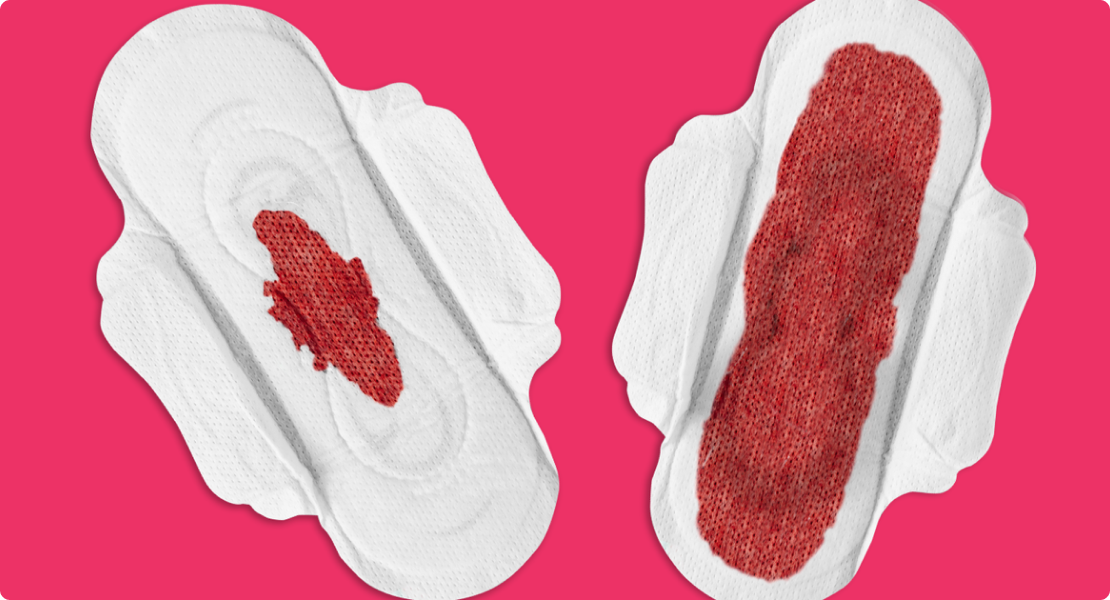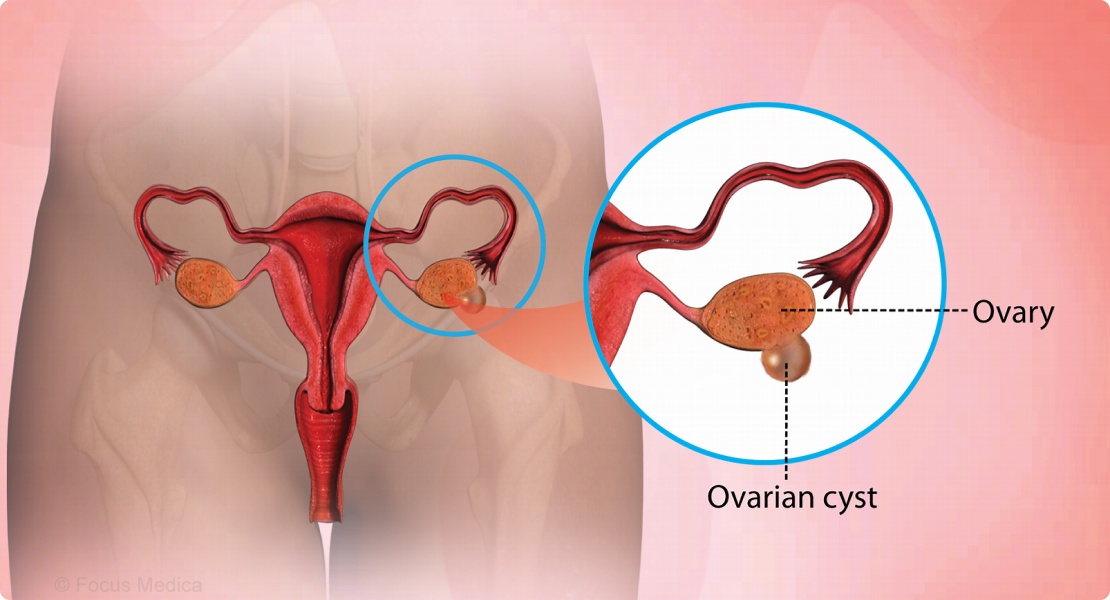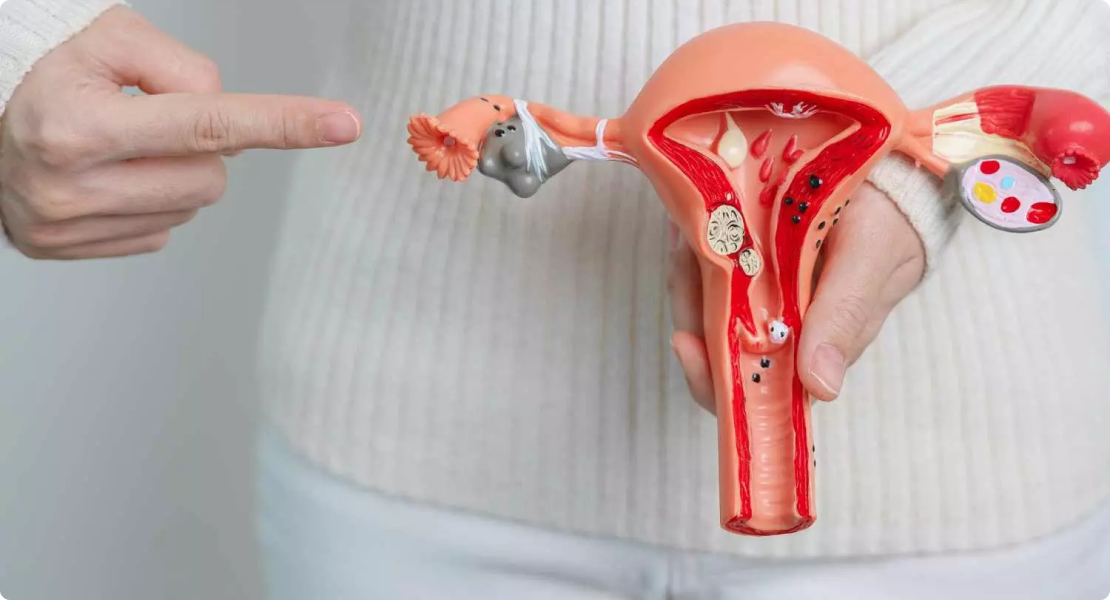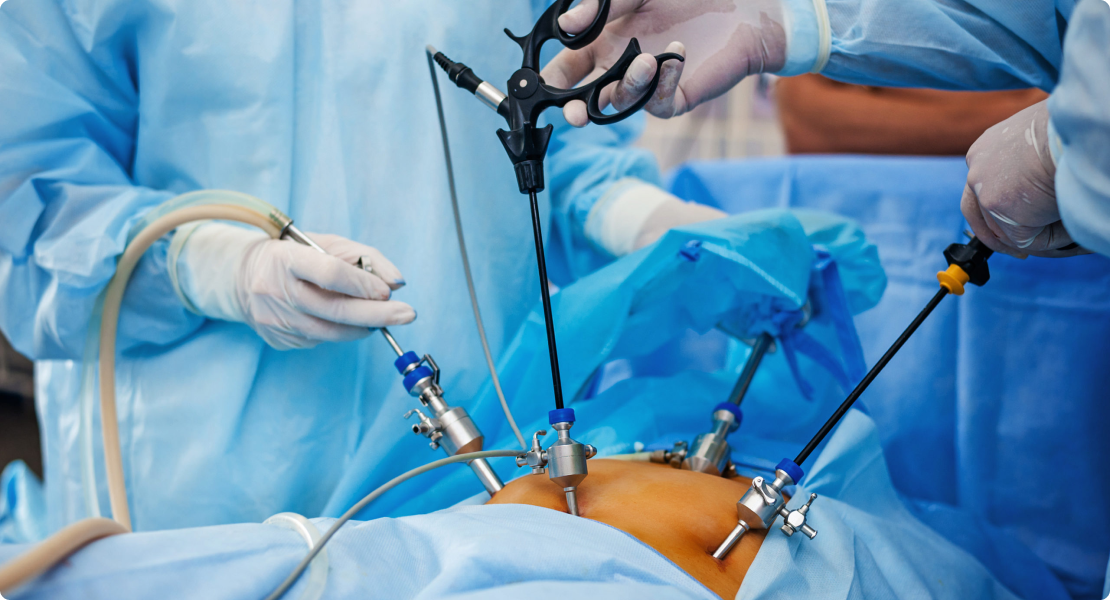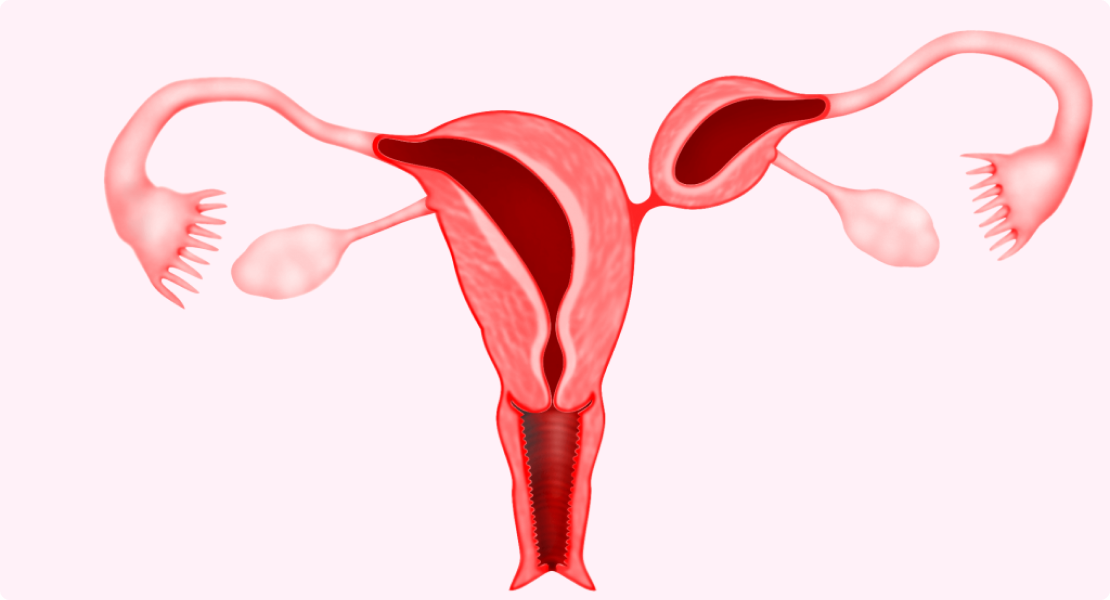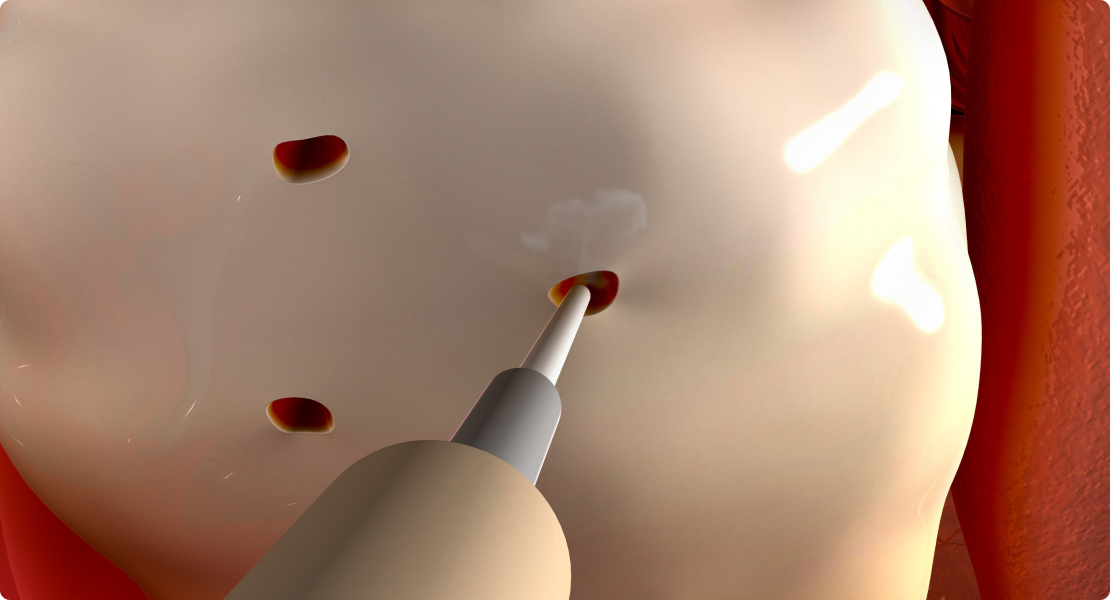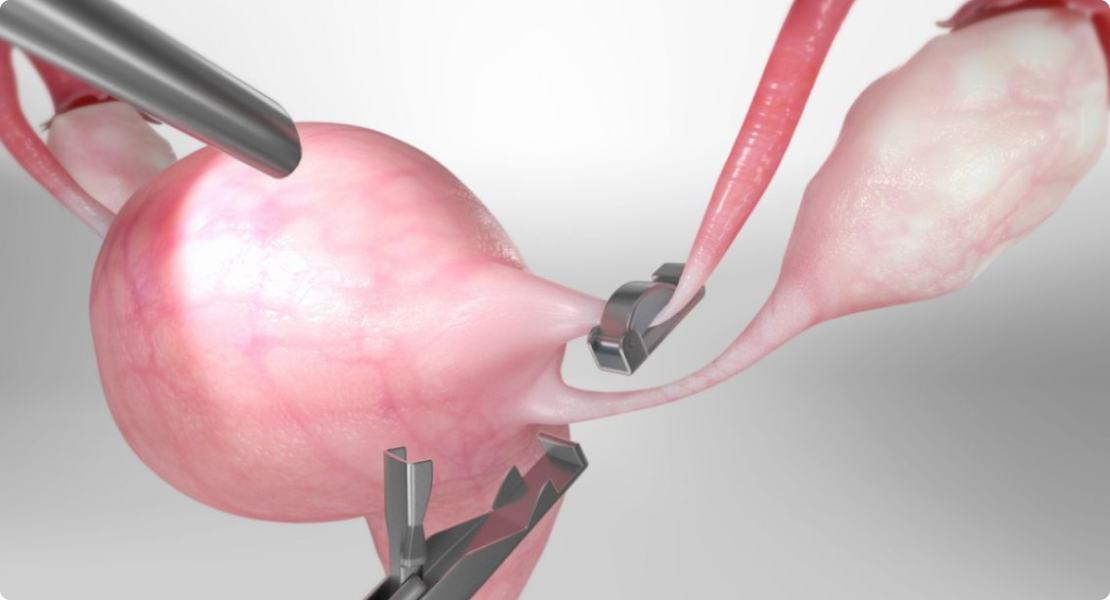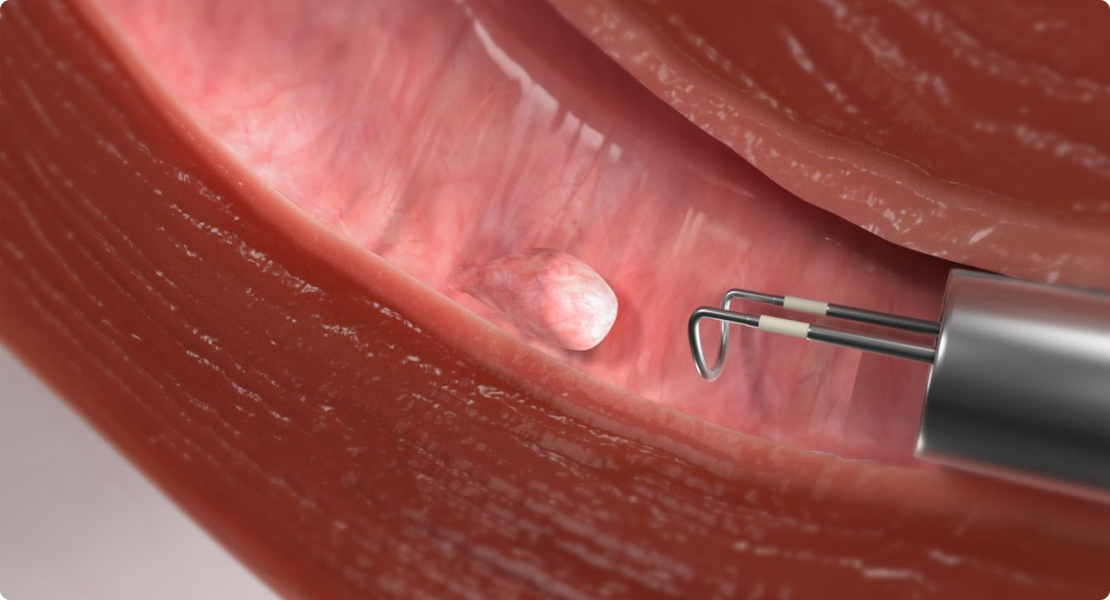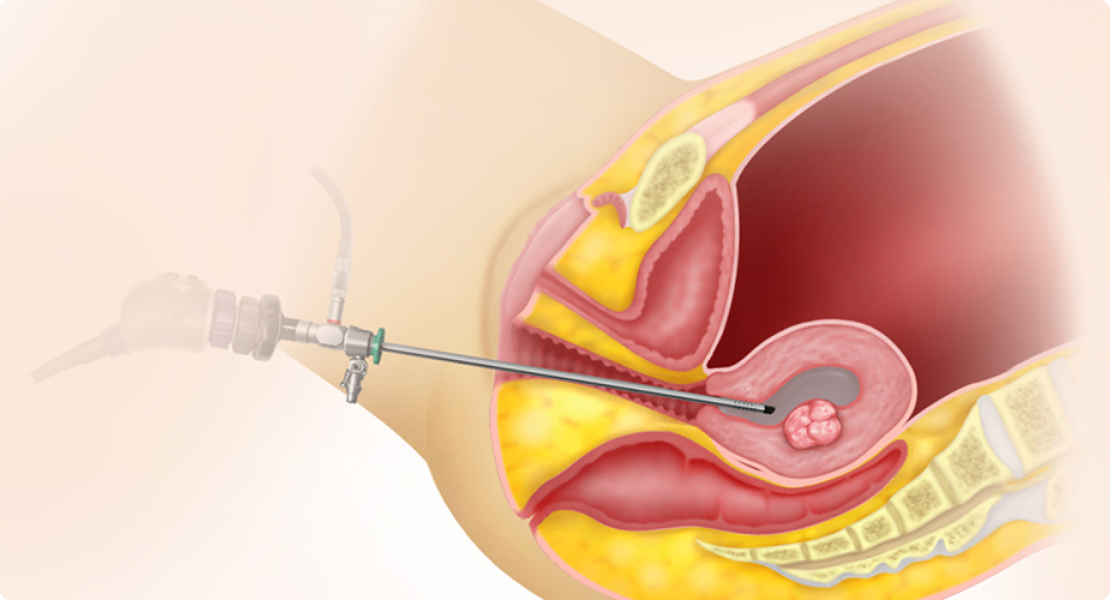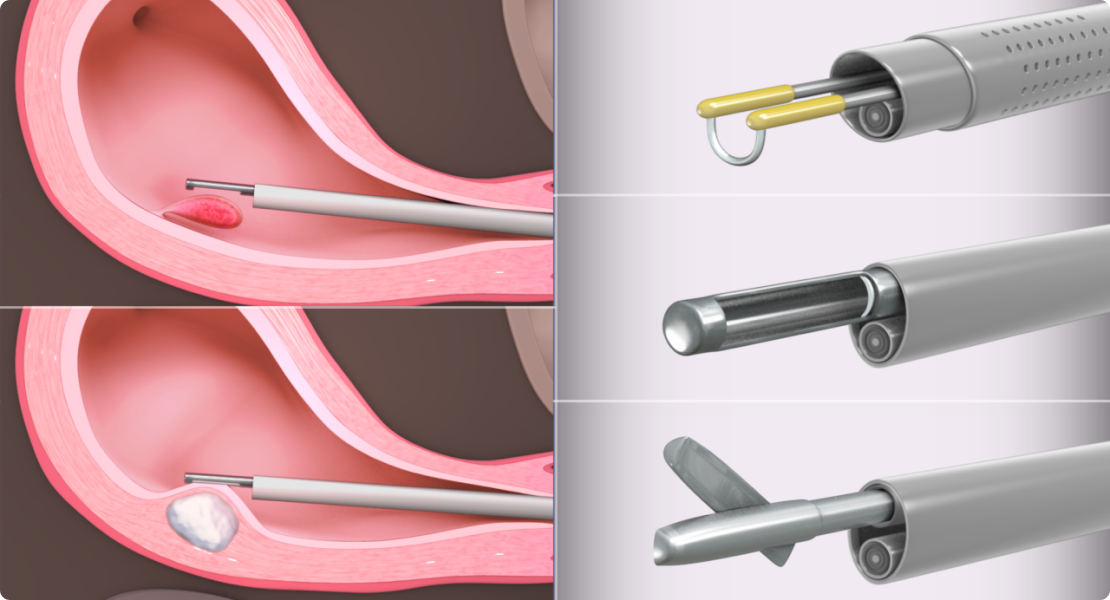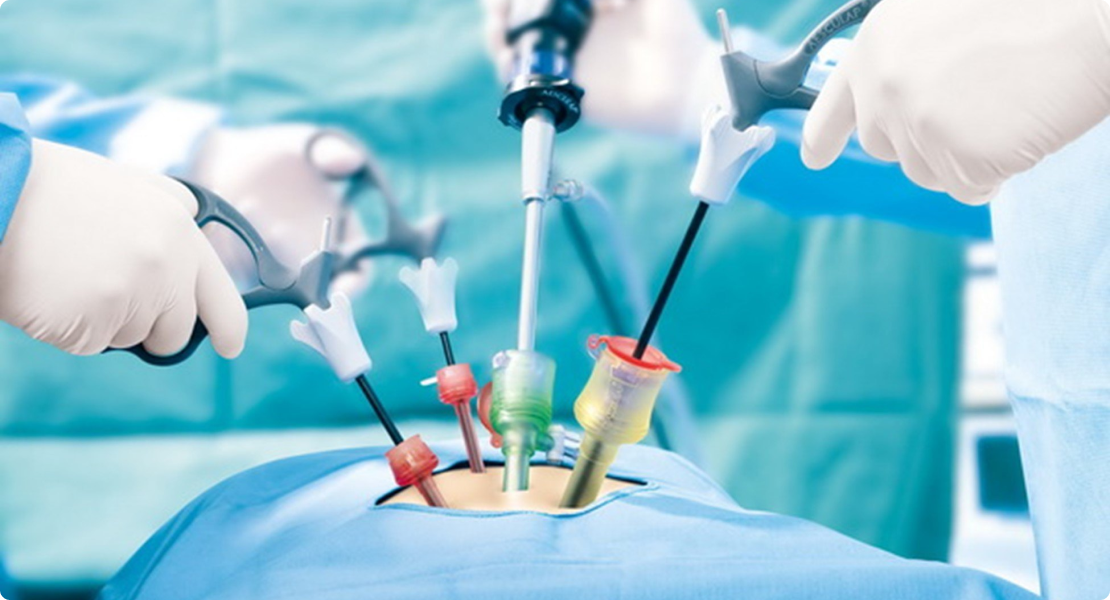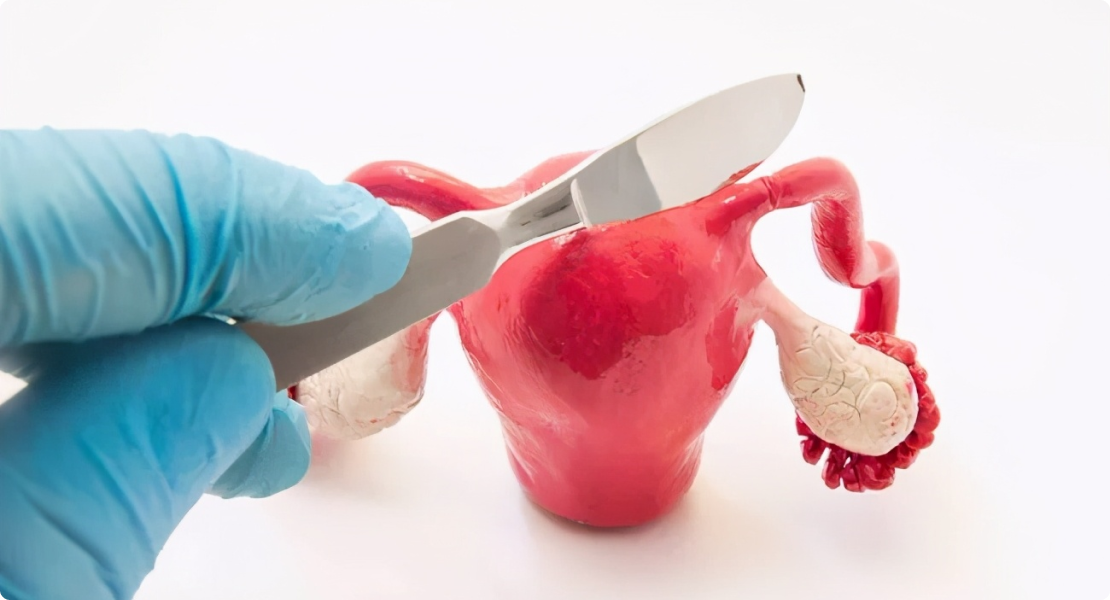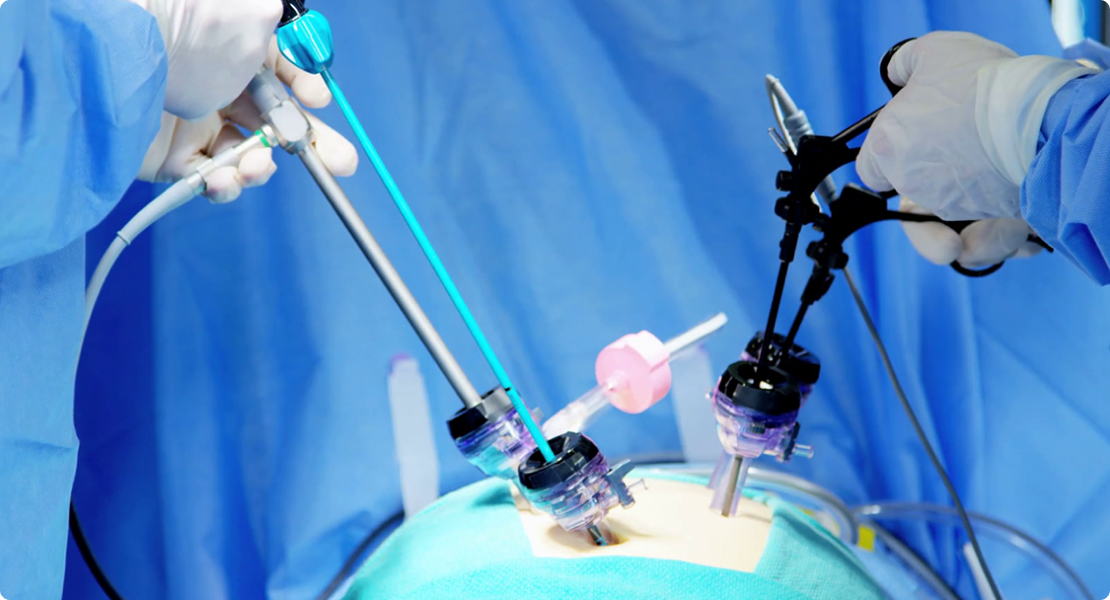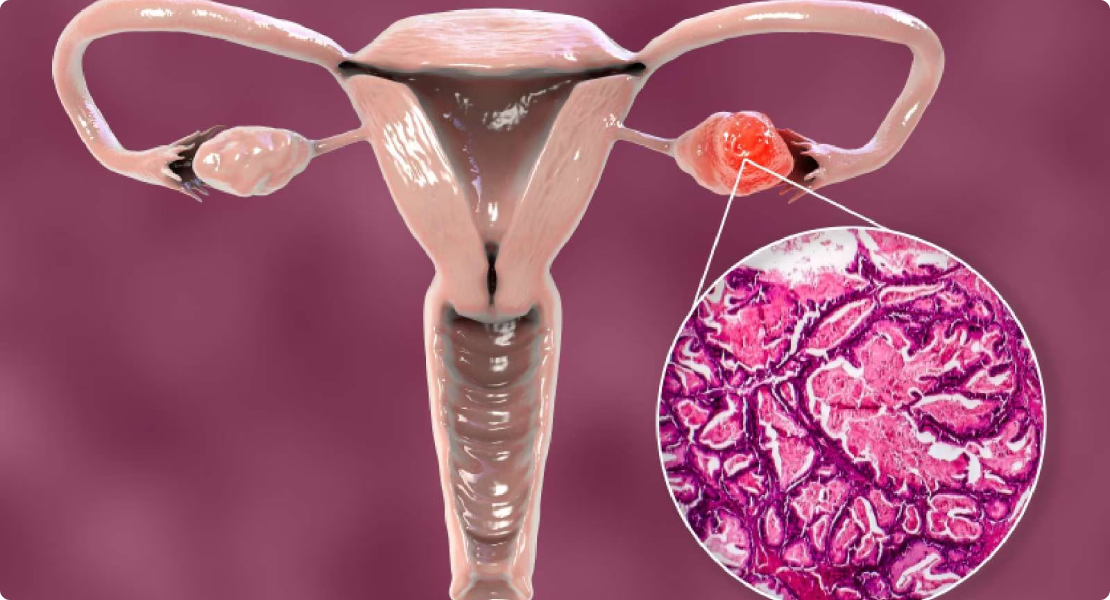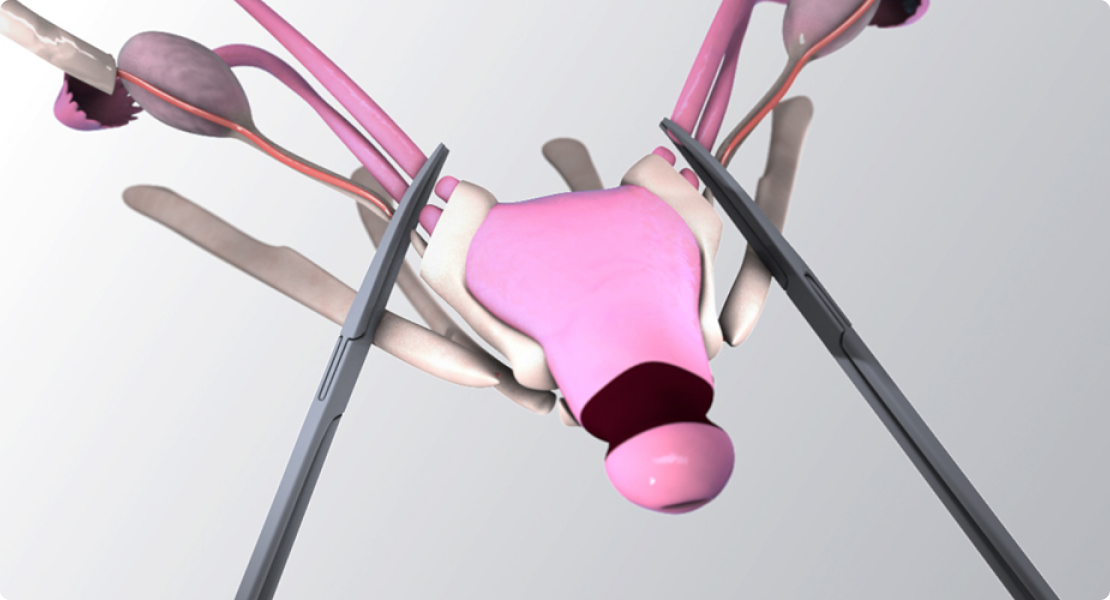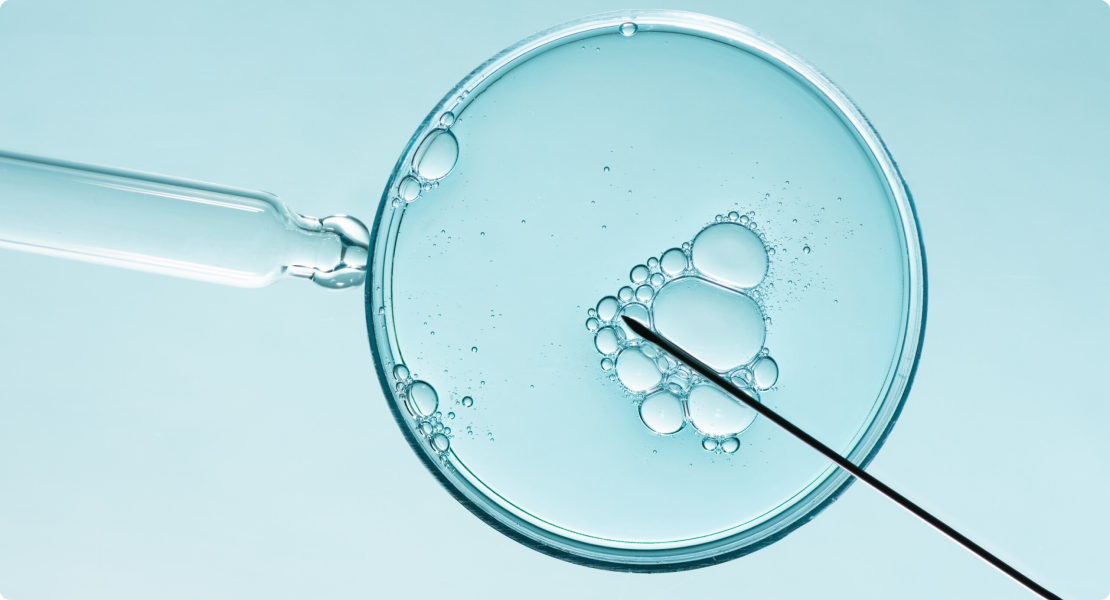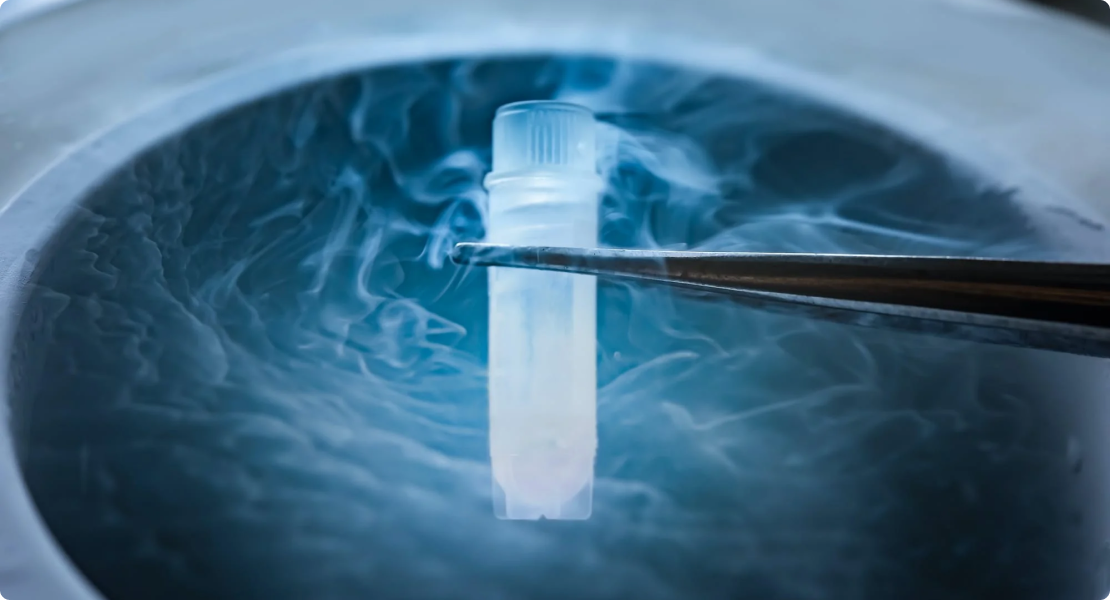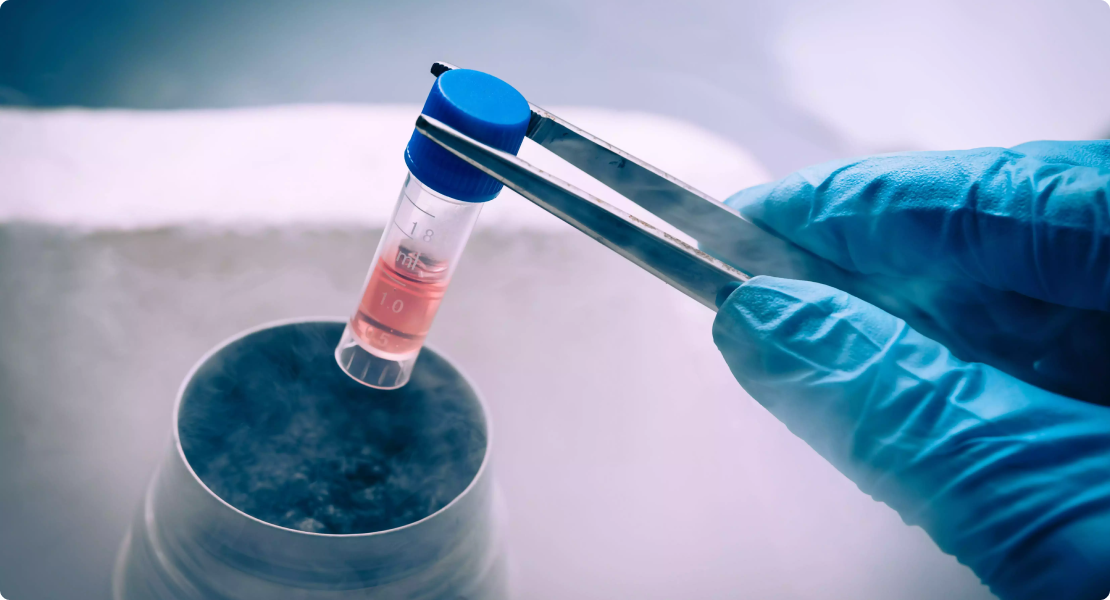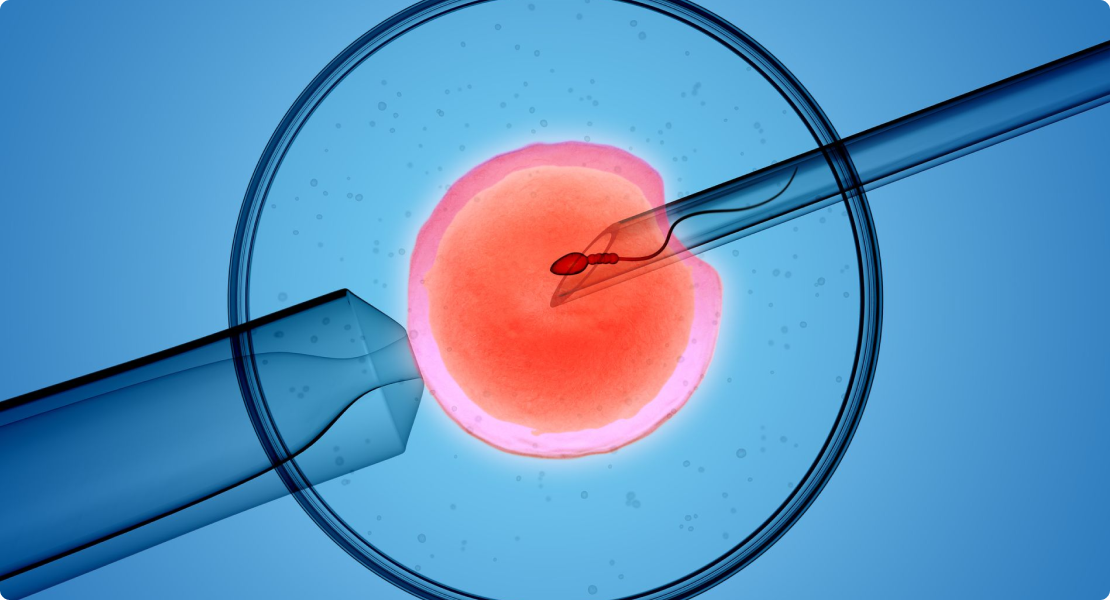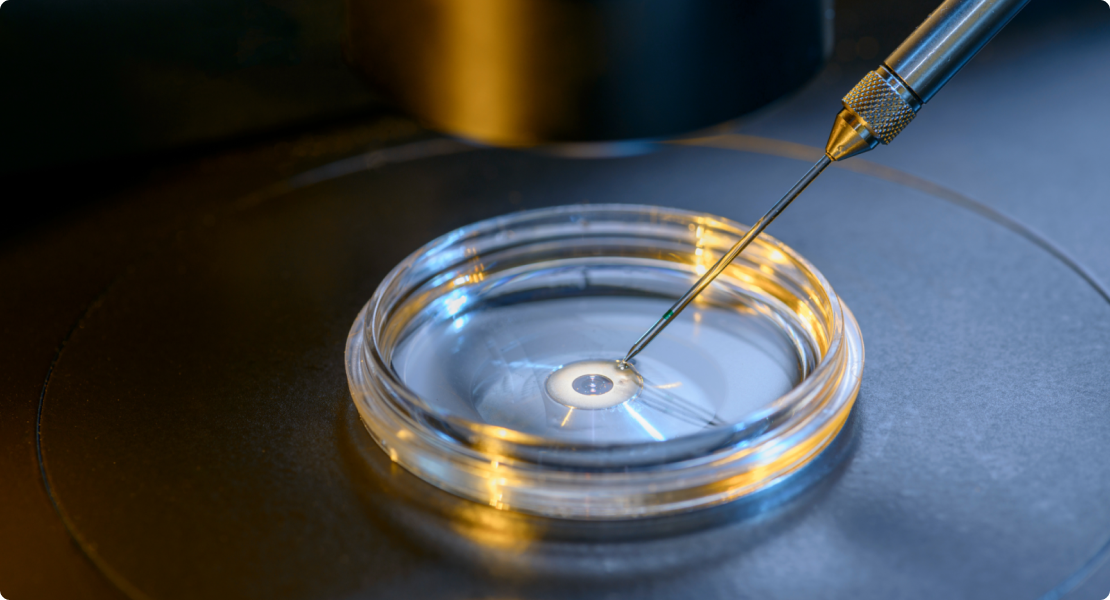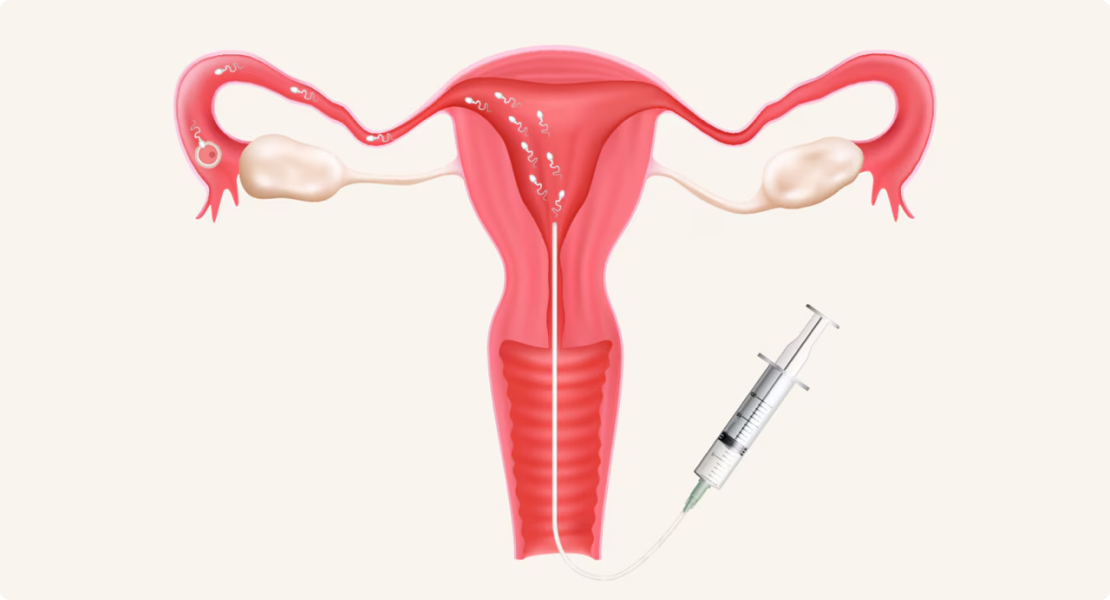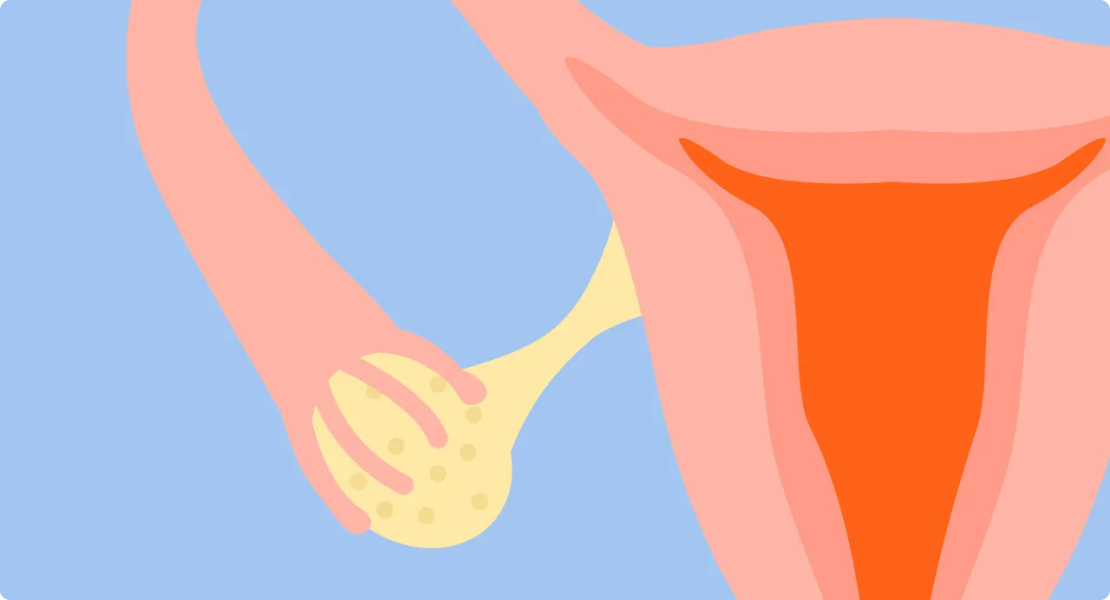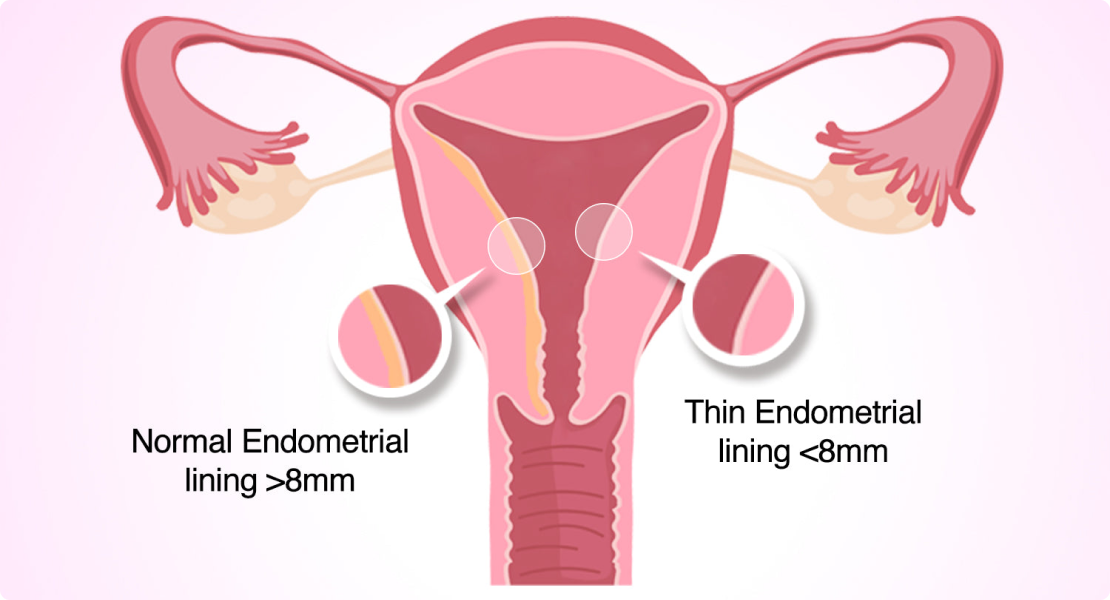our Treatments
Our Treatments
Our treatments encompass a wide range of advanced fertility services, including IVF, ICSI, IUI, egg freezing, laparoscopy, and endoscopy. Each treatment is personalised to meet the unique needs of individuals and couples, ensuring comprehensive care throughout their fertility journey. Our expert team uses the latest medical technology to help you achieve your dream of parenthood.
Heavy menstrual bleeding, also known as menorrhagia, is a common condition where a woman experiences abnormally heavy or prolonged menstrual periods. While heavy bleeding can occur occasionally, chronic menorrhagia can significantly impact a woman's quality of life, causing fatigue, anaemia, and discomfort
read moreSevere debilitating dysmenorrhea refers to extreme menstrual pain that interferes with daily life. While mild menstrual cramps are common, women with severe dysmenorrhea often experience excruciating pain in the lower abdomen, lower back, or thighs, sometimes accompanied by nausea, vomiting, and headaches.
read moreIntermenstrual bleeding refers to bleeding or spotting that occurs between regular menstrual periods. This condition can be alarming and disruptive, especially if it occurs frequently. At Dr. Abdul Basith’s clinic, intermenstrual bleeding is treated with a personalised approach that aims to diagnose the underlying cause and provide targeted treatment.
read moreOvarian cysts are fluid-filled sacs that develop on or within an ovary. While many cysts are benign and resolve on their own, some can cause pain, discomfort, or complications that require surgical intervention. At Dr. Abdul Basith’s clinic, laparoscopic surgery is offered as a minimally invasive option to treat problematic ovarian cysts, allowing for a faster recovery and reduced scarring.
read moreFibroids, adenomyoma, and adenomyosis are common conditions that affect the uterus and can cause symptoms like heavy menstrual bleeding, pelvic pain, and fertility issues. At Dr. Abdul Basith's clinic, laparoscopic myomectomy is offered as a minimally invasive treatment option to remove fibroids or adenomyomas, preserving the uterus and improving the quality of life for women suffering from these conditions.
read moreDiagnostic hysterolaparoscopy is a minimally invasive procedure used to diagnose and treat infertility. This dual technique combines hysteroscopy and laparoscopy to provide a comprehensive view of both the uterus and the pelvic organs. Dr Abdul Basith's procedure is highly effective in identifying potential causes of infertility, such as endometriosis, adhesions, fibroids, or structural abnormalities in the reproductive organs.
read moreLaparoscopic ovarian drilling (LOD) is a minimally invasive surgical procedure primarily used to treat women with polycystic ovary syndrome (PCOS) who have not responded to fertility medications. At Dr. Abdul Basith’s clinic, laparoscopic ovarian drilling is offered as an effective treatment option to restore normal ovulation in women with PCOS, thereby improving their chances of conceiving naturally.
read moreProximal tubal blockage, where the fallopian tubes are blocked near the uterus, is a significant cause of infertility. At Dr. Abdul Basith’s clinic, laparoscopy hysteroscopic proximal tubal cannulation is performed as an advanced, minimally invasive technique to restore tubal patency and improve the chances of natural conception.
read moreHysteroscopic polypectomy is a minimally invasive procedure used to remove polyps from the uterus, a common cause of abnormal uterine bleeding and infertility. At Dr. Abdul Basith’s clinic, hysteroscopic polypectomy is performed using advanced techniques to ensure safe and effective removal of uterine polyps, helping women regain their reproductive health and improve their chances of conception.
read moreHysteroscopic resection of retained products of conception (RPOC) is a minimally invasive procedure used to remove placental tissue or fetal remnants that remain in the uterus after a miscarriage, abortion, or delivery. Retained products can cause symptoms like abnormal bleeding, pain, or infection, and they may hinder future fertility. At Dr. Abdul Basith’s clinic, this procedure is performed with precision to ensure the complete removal of RPOC, restoring uterine health and function.
read moreHysteroscopic resection of myoma is a minimally invasive procedure used to remove fibroids (also known as myomas) that grow within the uterine cavity. Fibroids can cause symptoms such as heavy menstrual bleeding, pelvic pain, and fertility issues. At Dr. Abdul Basith’s clinic, this procedure is performed with the goal of restoring normal uterine function, reducing symptoms, and improving fertility outcomes for patients.
read moreA total laparoscopic hysterectomy (TLH) is a minimally invasive procedure to remove the uterus and cervix, offering a faster recovery and less post-operative pain compared to traditional open surgery. This procedure is commonly recommended for women with conditions like fibroids, adenomyosis, endometriosis, or certain types of cancer. At Dr. Abdul Basith’s clinic, TLH is performed with precision to ensure the best outcomes for patients
read moreLaparoscopic salpingectomy is a minimally invasive surgical procedure used to remove one or both fallopian tubes. This procedure is typically performed in cases of ectopic pregnancy, hydrosalpinx (blocked fallopian tubes), or as a preventive measure for women at high risk of ovarian or fallopian tube cancer. At Dr. Abdul Basith’s clinic, laparoscopic salpingectomy is offered as a safe and effective treatment with a faster recovery time compared to open surgery.
read moreLaparoscopic oophorectomy is a minimally invasive procedure used to remove one or both ovaries. This surgery may be necessary for women with ovarian cysts, endometriosis, ovarian torsion, or as a preventive measure for those at high risk of ovarian cancer. At Dr. Abdul Basith’s clinic, laparoscopic oophorectomy is performed using the latest techniques, offering patients a less invasive option with minimal recovery time.
read moreLaparoscopic sacrocolpopexy is a minimally invasive procedure used to correct pelvic organ prolapse, a condition where the pelvic organs, such as the bladder or uterus, descend due to weakened pelvic floor muscles. At Dr. Abdul Basith’s clinic, this procedure is offered as an effective treatment for women experiencing discomfort, urinary issues, or sexual dysfunction due to prolapse.
read moreLaparotomy for ovarian cancer staging is a surgical procedure used to determine the extent of ovarian cancer and to remove any visible tumours. At Dr. Abdul Basith’s clinic, this procedure is essential for accurately diagnosing and treating ovarian cancer, allowing for a comprehensive understanding of the disease’s progression.
read moreA vaginal hysterectomy is a surgical procedure in which the uterus is removed through the vaginal canal, without the need for abdominal incisions. This procedure is often recommended for women with conditions such as fibroids, uterine prolapse, or abnormal bleeding that has not responded to other treatments. At Dr. Abdul Basith’s clinic, vaginal hysterectomy is offered as a less invasive alternative to traditional abdominal surgery, providing quicker recovery times and less postoperative discomfort.
read moreMale factor infertility is a common cause of difficulty in conceiving, affecting nearly half of all couples struggling with infertility. At Dr. Abdul Basith’s clinic, a comprehensive range of treatments is offered for male infertility, addressing issues such as erectile dysfunction, premature ejaculation, low libido, low sperm count, low sperm motility, and the absence of sperm (azoospermia).
read moreUnexplained infertility is a frustrating diagnosis for many couples who have been unable to conceive despite normal results from standard fertility tests. At Dr. Abdul Basith’s clinic, couples facing unexplained infertility are offered a range of advanced diagnostic tools and treatment options to increase their chances of achieving a successful pregnancy.
read moreFemale infertility can result from a variety of conditions, including low egg numbers, tubal blockages, repeated miscarriages, adenomyosis, fibroids, and endometriosis. At Dr. Abdul Basith’s clinic, a comprehensive range of diagnostic and treatment options are available to address these issues and improve the chances of conception.
read moreIn Vitro Fertilisation (IVF) with Intracytoplasmic Sperm Injection (ICSI) is a highly advanced fertility treatment offered at Dr. Abdul Basith’s clinic for couples experiencing difficulty in conceiving. IVF-ICSI is particularly beneficial for cases of male infertility, where the quality or quantity of sperm is compromised, as well as for unexplained infertility or previous failed IVF attempts.
read moreEgg freezing, or oocyte cryopreservation, is a cutting-edge fertility preservation option offered at Dr. Abdul Basith’s clinic for women who wish to delay motherhood or who face medical treatments that may affect their fertility, such as cancer therapy. Egg freezing allows women to store their eggs at a younger, healthier age, ensuring the possibility of a successful pregnancy in the future when they are ready to start a family.
read moreSperm freezing, or sperm cryopreservation, is a highly effective method for preserving male fertility. Offered at Dr. Abdul Basith’s clinic, sperm freezing is ideal for men who wish to safeguard their ability to father children in the future, particularly those undergoing medical treatments such as chemotherapy or surgery that may affect sperm production. It is also suitable for men who wish to delay fatherhood due to personal or professional reasons.
read morePICSI (Physiological Intracytoplasmic Sperm Injection) and Zymot are advanced sperm selection techniques offered at Dr. Abdul Basith’s clinic to improve fertilisation outcomes in assisted reproductive treatments like IVF and ICSI. These techniques are particularly beneficial for couples facing male infertility issues such as poor sperm quality, low motility, or high DNA fragmentation, and are designed to ensure that the healthiest and most viable sperm are used in the fertilisation process.
read moreAt Dr. Abdul Basith’s clinic, both fresh and frozen embryo transfers are offered as part of IVF treatment to help couples achieve pregnancy. Fresh embryo transfer occurs within days of egg retrieval and fertilisation, where the embryos are placed into the woman’s uterus during the same cycle. This method is often recommended when the patient has a good ovarian response, and the uterine lining is prepared for implantation.
read moreIntrauterine Insemination (IUI) is a fertility treatment in which sperm is directly placed into a woman’s uterus at the time of ovulation, increasing the chances of fertilisation. At Dr. Abdul Basith’s clinic, IUI is a simple and cost-effective option for couples facing mild infertility issues, unexplained infertility, or for those using donor sperm.
read morePoor ovarian reserve is a condition where a woman’s ovaries produce fewer eggs, often due to age or other factors. Women with poor ovarian reserve may face difficulties conceiving naturally or through traditional fertility treatments. At Dr. Abdul Basith’s clinic, innovative therapies such as Platelet-Rich Plasma (PRP) and stem cell therapy are offered to rejuvenate ovarian function and improve fertility outcomes.
read moreThe endometrium, or uterine lining, plays a critical role in embryo implantation during pregnancy. A thin endometrium, measuring less than 7mm, can make it difficult for an embryo to implant, resulting in a lower chance of successful pregnancy. At Dr. Abdul Basith’s clinic, specialised treatments are available to improve the thickness and health of the endometrium, increasing the likelihood of a successful pregnancy.
read more
